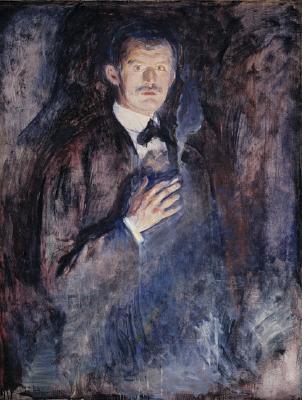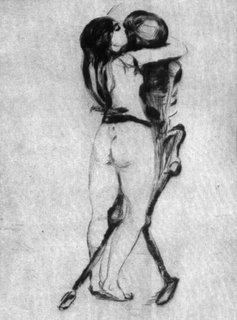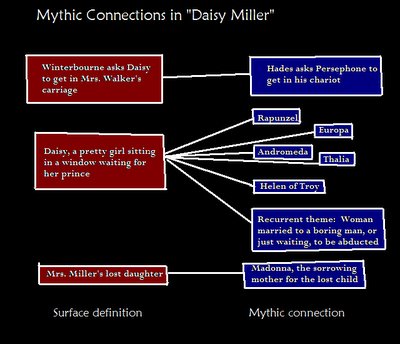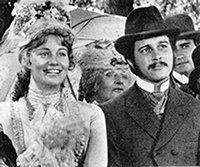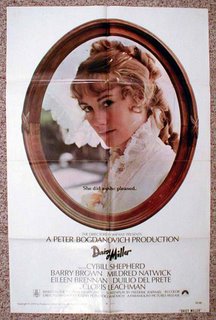Notes from 9/28
For the test:
From Stevens we need to know (these are just part of the full titles)
Ten O'Clock
Bantem in Pine Wood
The Snowman
Study of Two Pears
Poems of Our Climate
Tea...(something sorry I missed it in class)
Sunday Morning
Domination of Black
Motivation of Metaphor
What is possible
Also: Come up with three questions you think should be on the test
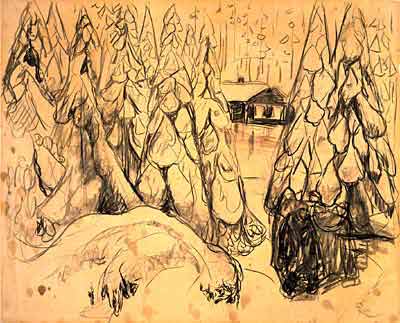
"I do not know which I prefer, The beauty of inflections, Or the beauty of innuendos, The blackbird whisting, Or just after."
Wallace Stevens "Thirteen Ways of Looking at a Blackbird"
Important Notes
Frank L. Baum is on record as saying he wanted to write an American children's story
Distinct themes
1. Innocence- Dorothy is both ignorant and innocent. She sings about lemondrops.
2. It is one of the first road movies- a genre where characters "get on the road" and meet various colorful characters.
Most popular interpretations
populist, spiritual, or racist
The spiritual interpretation places emphasis on Baum's belief in secular humanism which endorses the idea that you don't need intermediaries to talk to God, you have the power within yourself just like Dorothy has the power to get home within herself.
In "Wise Blood," O'Conner is making fun of those who are dead spiritually speaking, those who have no stong convictions. She wants us to wake up spiritually.
A few analysises of this text
O'Conner uses the popular psychological construct of the doppelganger, the double. Mote's double represents his more compassionate, humane half. What does Motes do to that half? He makes him stuip naked, and then runs him over with his car.
At the end O'Conner decides that Motes will succumb to the same fate as Oedipus, he gouges out his own eyes and dies in a ditch.
"The Habit of the Heart" is a collection of letters written by O'Conner. Within this collection there is even a letter stating that she had no way of killing off Motes, so she decided to give him Oedipus's fate.
There are two important theological terms for this text:
Redemption- Rising up out of sinfulness
Grace- God's salvation of mankind
One of the themes within Stevens is that the only thing we really have is the weather.
Where O'Conner sees a world where people aren't awake spiritually, Stevens sees a world where people aren't awake spiritually.
Stevens frequently uses white to represent reality, as well as the North
Blus is usually used to represent the imagination and the South
The only real subject of any poem is the poetry.
